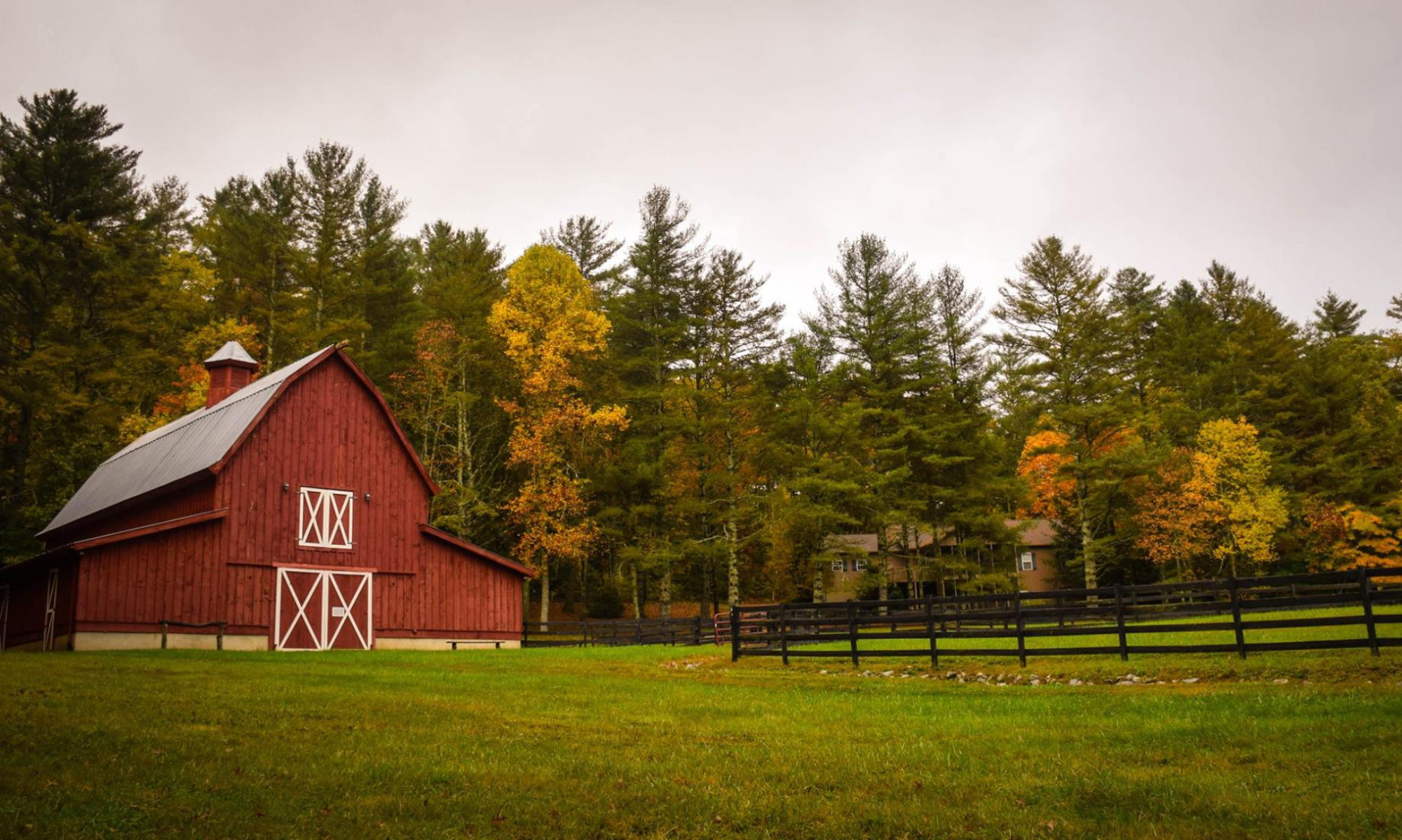I had the following oped published in today’s Des Moines Register:
Livestock pollution turns off young Iowans
BRIAN DEPEW, SPECIAL TO THE REGISTER
I recently returned from a visit to my family’s farm. While there, I was dismayed to learn that three more livestock confinement buildings are being built within 2 miles. Once complete, there will be 13 industrial livestock buildings within 3 miles of our farm. There is now at least one facility in every direction.
After growing up and attending college in Iowa, I left the state. Around the same time, political leaders in Iowa began to notice young Iowans leaving in droves. They wondered out loud: What can be done to keep our best and our brightest in the state? In 2005, legislators floated a plan to exempt Iowans under 30 from state income taxes. Then last year, the Legislature commissioned “Generation Iowa†to ponder the problem further.
But tax breaks and task forces will not help Iowa overcome the problems it faces. Today’s young adults are moving to places with vibrant natural resources, thriving communities and healthy economies. But for two decades Iowa’s leaders have sat silently while a corporate system of animal agriculture planted itself firmly in the state, undermining these crucial amenities. Our leaders are evading this issue and ignoring the barrier that large confinement operations create to a prosperous future.
Political leaders in Iowa have uncritically embraced the industrialization of animal agriculture and by doing so have contributed to the ongoing decline of family farms and rural communities. Iowa’s leaders took it a step further by ensuring that Iowa citizens have no recourse against the environmental destruction industrial livestock facilities sow upon the state.
I have some advice for the Generation Iowa Commission, due to report to the governor and Legislature on Jan. 15. If Iowa is serious about keeping young people in the state, it should work first to stop, and then reverse, the rise of large confinement operations. By destroying the economic and social fabric of rural Iowa and degrading the environment of the state, confinement facilities make returning to Iowa undesirable.
With palpable air pollution and undeniable water pollution, the environmental strife is easy to see. With fewer family livestock producers, rural communities are left without a vital sector of economic activity. As farm families leave the countryside, rural communities face the challenge of keeping afloat critical social infrastructure such as schools and government services. No young Iowan wants to return to a dying community or a polluted state.
For more than a decade, Iowa Democrats have run on a promise to clean up this mess. After taking charge last year of all three branches of state government for the first time in 40 years, they largely capitulated on this issue. They must do better in 2008.
Iowa cannot afford to lose another generation of young people to the allure of other states, and rural Iowa cannot afford to lose its next generation to the allure of the big city. The state must fiercely protect its resources and amenities from those looking to make a quick buck off the back of the state’s long-term viability.
Like others born and raised in the state, I would like to return one day, but I am loath to the idea of returning to a state overrun by an environmental, economic and socially detrimental livestock industry.
BRIAN DEPEW lives in Lyons, Neb. He grew up in Laurens and was the Green Party candidate for Iowa secretary of agriculture in 2002. He works for the Center for Rural Affairs, but these thoughts are his own.

Wisconsin and Illinois are fighting similar problems, but I’m starting to wonder if it’s entirely the state government’s problem? I grew up in a small farm town in rural Wisconsin, moved to Chicago, and now I’m back in a small town with my family. The small town we live in now is very different than the one I grew up in 20 years ago. It’s like they’ve given up. There doesn’t seem to be any ambition in the rural communities to make something for themselves. Rural communities are pushing people away because they are so resentful of what has happened to their communities do to the changing culture and global economics of the past 30 years. It seems so common now in rural communities the disdain, and the distrust for the “outsiders” moving in. The mentality is these people are going to try and change the community, and the locals so desperately are trying to hold onto the glory of their past. Things change, life changes, and many more of these communities need to find ways to adapt to today, or someone else is going to choose their destiny for them. This is now becoming the case in our small town. A company is planning on building a mega-dairy just outside town, similar to the feed lots you speak, and everyone is in a rage. My opinion is, they asked for it by not trying to attract other businesses all these years. http://www.metropoliszero.com/?p=32
When is this madness going to stop? We need to start electing politicians who will put a limit on these factory farms. They are ruining our small family farms, not to mention our quality of life.
We need to put a moratorium on these gigantic hog confinements. Iowa is becoming the stinkhole of the nation. When will it stop?
No other states have as many hogs as Iowa does and when does it end? Do these giant corporations just want to fill our entire state with hog shit? And pollute our water, soil and air, so that the rest of the nation can buy crappy tasting, antibiotic and hormone-filled pork? Not to mention the poor animals who spend their entire lives in cages, without ever seeing grass.
We need to start paying attention and talking to our friends and neighbors about this.